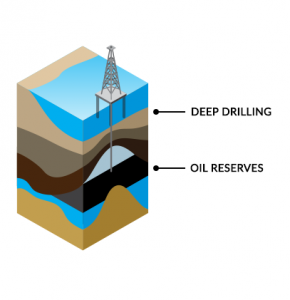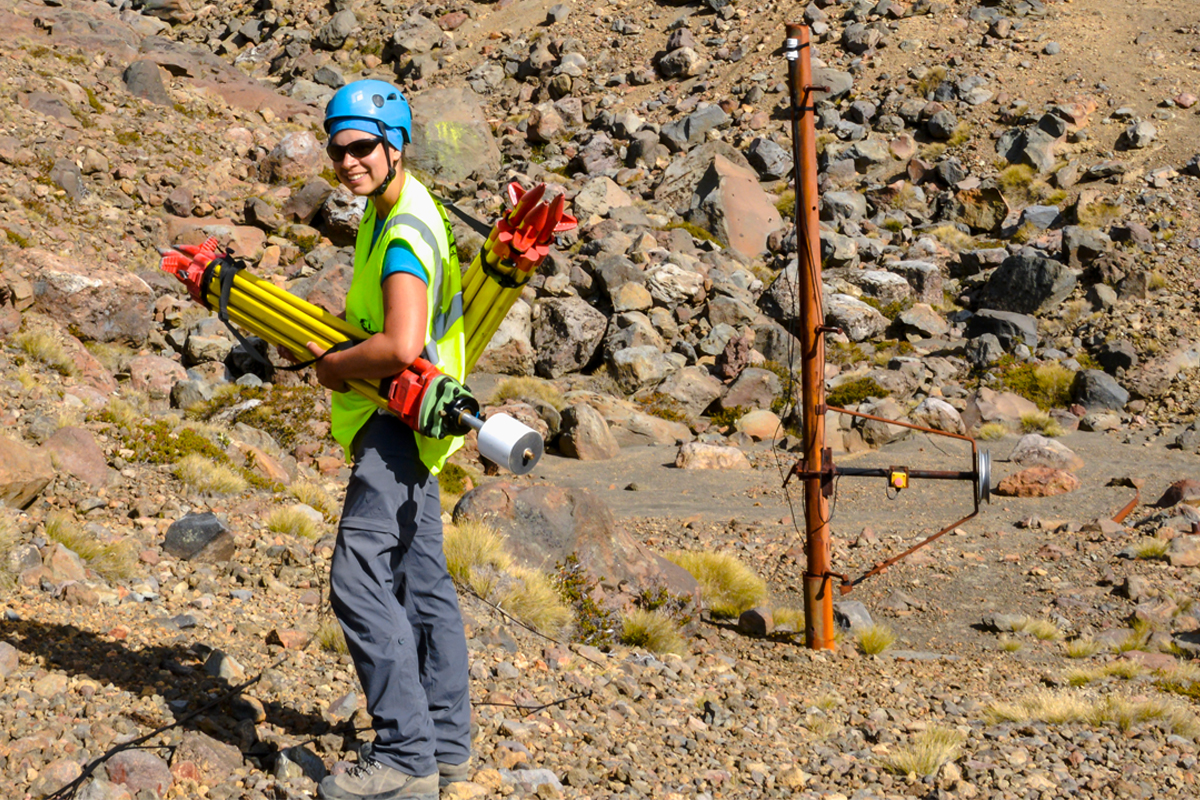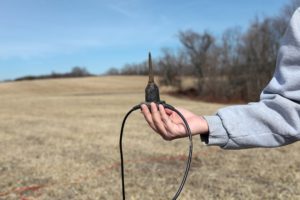All Categories
Featured
Table of Contents
Geophysical Survey Services in Winthrop WA 2022
This work is significantly contracted out, so consultancies offer another source of employment. Consultancy companies differ in size, from very small companies to large multinationals. Some consultancies are rather specialised in utilizing specific geophysical methods or working in particular areas, while others use a more varied range of services to their customers.
The extraction of gas from land fill websites is another location of work and this may grow in the future. Exploration companies might carry out work for building companies, public utility, mining business and ecological companies, so geophysicists might be employed in any of these settings. Other employers include: geological surveysgovernment bodies and agenciesuniversities and research institutes.


Vacancies may be noted in the oil and gas sector press. Recruitment is impacted by oil price variations and the level of competition for positions varies depending upon this. Professions Days, which cover the full series of geoscience careers and are usually participated in by a variety of crucial market companies, are run by The Geological Society.
Geophysics, Engineering Geophysics And Applied ... in Neerabup Australia 2021
A few of the large oil and gas companies provide a full two-year structured training program throughout the breadth of geophysics, consisting of the chance to experience work in various groups prior to specialising in one location. Your training might include deal with: existing wellsmagnetic and gravitational possible field data analysisresearchrock analysis. It's more normal for your initial training to be provided on the task.

There may be a probationary period during which you work alongside a skilled coworker. Competency-based appraisals happen regularly in most companies. In smaller companies, and for academic posts, there is unlikely to be any formal training - you'll be expected to start work straightaway and select up abilities as you go along.
If you work for a smaller sized company, you might discover that you require to take duty for arranging and moneying your own advancement and training. If you have a geology degree, subscription of The Geological Society can be useful for networking and for maintaining to date with the market.
What Is Geophysics? in Peppermint Grove Western Australia 2021
You might likewise find it useful to join the PESGB (The Petroleum Exploration Society of Great Britain, which has a geophysics unique interest group. After a probationary period, and once you've gained some experience, you might progress to senior geophysicist, then team leader and then into a senior role in management.
The ease of motion in between roles depends upon the company structure. Study at Masters or Ph, D level in a subject related to geophysics or geosciences might help with your profession development and progression. The employment market within the oil and gas market is very based on rate and this might impact your opportunities for career progression.
However, not all tasks are reliant on the oil and gas industries. For skilled geophysicists, freelance consultancy offers a great route for profession advancement. You can likewise specialise in a particular location of geophysics. As a geophysicist, you're likely to have numerous jobs throughout your working life. Global movement is vital for handling peaks and troughs in various nations at different times.
Marine Geophysical Surveys in Roleystone Oz 2022
From geophysics, it's possible to concentrate on seismology (completing further training to end up being a seismic interpreter) or to move into associated locations such as engineering geology or threat forecast.
Deciding what to study in college is a difficult option. Even if you know that your field of interest depends on science, what program of study is best for you? If you make the choice to significant in physical and biological sciences and pursue a career as a geophysicist, you're preparing for an interesting and successful profession.
The very first action to attaining your objective of ending up being a geophysicist is earning a degree. Even for entry-level positions in the field of geoscience, you'll need a bachelor's degree (a geophysicist college degree) from an accredited college or university. Geophysicists should be able to: analyze rocks, photos, and other pieces of information perform research both in the field and in laboratories produce maps and charts of their findings write reports To accomplish all this, students need a specialized education for geophysicist professions.
As stated above, you'll require a bachelor's degree in geoscience or an associated discipline, such as a physical science or a natural science, to land an entry-level job. However trainees can likewise prepare by learning subjects like: Biology Chemistry Computer system science Engineering Mathematics Physics The above geophysicist majors provide a more generalized approach to a single scientific discipline, but the majority of programs need students to take one or more geology course.
Latest Posts
Geophysical Surveys - U.s. Geological Survey in Wandi Western Australia 2023
Geophysics in Mount Claremont Aus 2020
Geophysical Survey in Casaurina Aus 2020